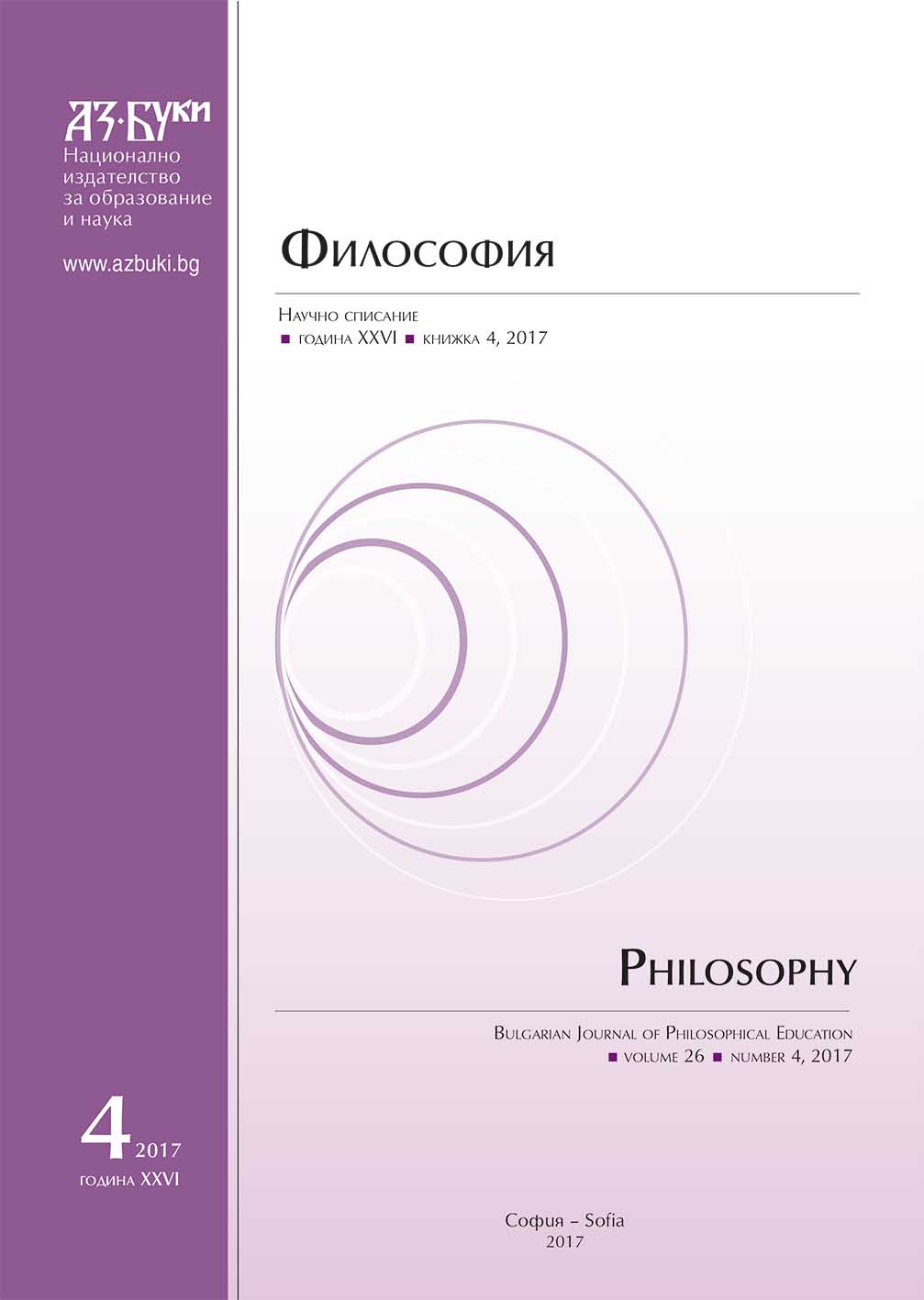Types of Rationality – Genesis and Overcoming of Alienation (The Contradiction)
Types of Rationality – Genesis and Overcoming of Alienation (The Contradiction)
Author(s): Georgi DonevSubject(s): Philosophy, Social Sciences, History of Philosophy, Sociology, Social development, Social differentiation, Social Norms / Social Control
Published by: Национално издателство за образование и наука „Аз-буки“
Keywords: classical type of rationality; non-classical type of rationality; grounds of the absurd; absolutization of existence; phenomenologization of existence
Summary/Abstract: This paper makes reconstruction of Dostoevsky’s idea of “Devils”, as well as Camus’ understanding of existential absurd through Kant’s transcendental logics. The following types of rationality are justified: classical and non-classical, as well as their gnoseological relation. The thesis that the absurd is determined by the substantial form of thinking of classical rationality is argumented. Accordingly, the “Devils” are interpretation of the substantial thinking and their overcoming is accomplished through the transcendental interpretation of human existence. The thesis that Dostoevsky’s conceptualization is a transcendental form of thinking, whereas Camus remains in the interpretative boundaries of substantial (non-phenomenological) thinking is also argumented.
Journal: Философия
- Issue Year: 26/2017
- Issue No: 4
- Page Range: 364-382
- Page Count: 19
- Language: English
- Content File-PDF

